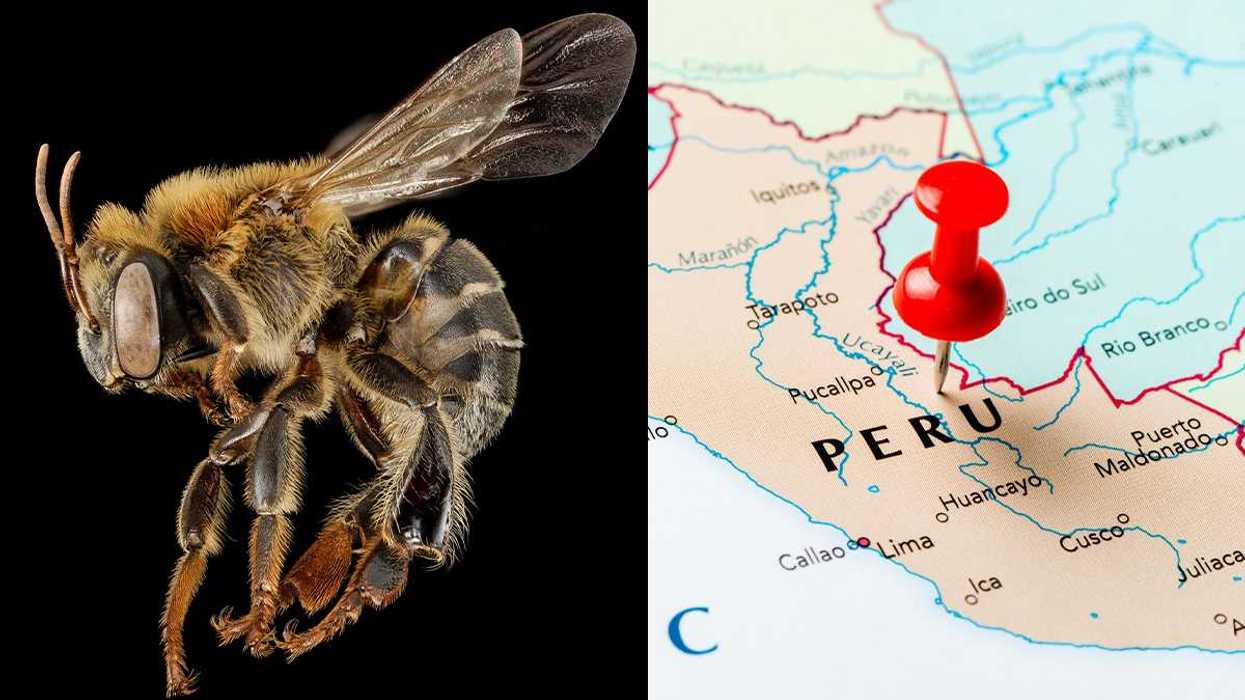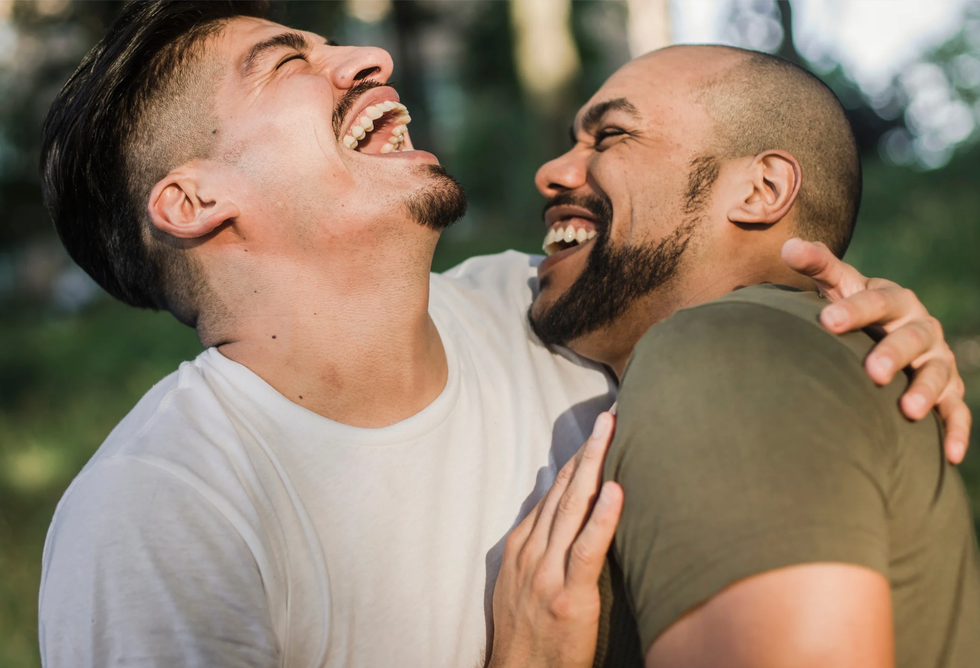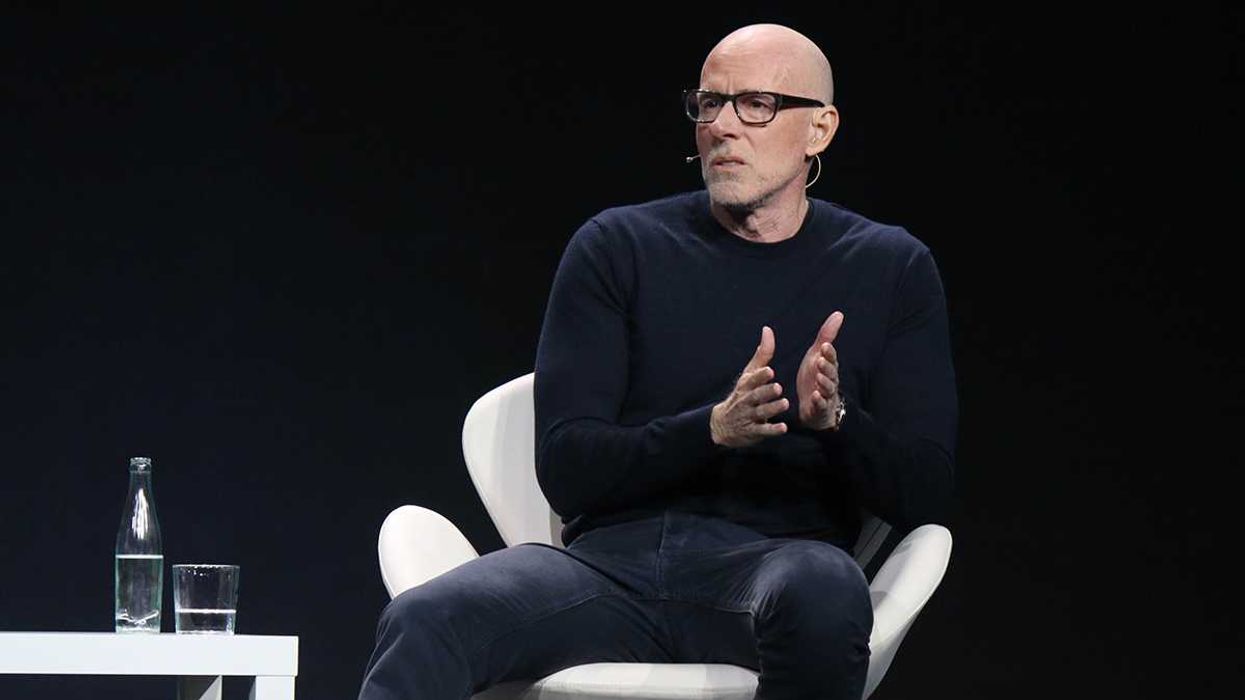Time for a little policy talk, and a quick clarification: The Food and Drug Administration is as powerful as Congress makes it. So the headline is a little misleading (as most headlines are). It's not the FDA's fault, per se, that it can't protect you from your personal care products—the agency is as powerful as the laws it enforces. The bad news is, those laws don't make them very powerful at all, leaving lots of room for enterprising businesses to use any and every ingredient under the sun in their products. And do they ever!
At the same time, as consumers, there's an implicit trust that when you buy a personal care product—be it shampoo, mascara, baby wash, or shaving cream—that it has been vetted for safety by some publicly accountable health agency. And we're here to tell you that's not the case.
Last month, three Congresspeople introduced a landmark bill—the Safe Cosmetics Act of 2010—which, if it were passed into law, would change all this. You can show your support for the bill by writing to your members of Congress. (How to do that, here.) In the meantime, there are some things you should know...
This is a series inspired by No More Dirty Looks: The Truth About Your Beauty Products and the Ultimate Guide to Safe and Clean Cosmetics, a book by GOOD's features editor Siobhan O'Connor and her co-author Alexandra Spunt.
Read more on their blog
Illustrations by Brianna Harden
















 Creativity and innovation are both likely to become increasingly important for young people entering the workplace, especially as AI continues to grow.
Creativity and innovation are both likely to become increasingly important for young people entering the workplace, especially as AI continues to grow.

 Peru stingless bee.USGS Bee Inventory and Monitoring Lab/
Peru stingless bee.USGS Bee Inventory and Monitoring Lab/  Indigenous Peruvian people.Photo credit
Indigenous Peruvian people.Photo credit 
 As mayor of Stockton, Calif., Michael Tubbs ran a pioneering program that provided a basic income to a limited number of residents.
As mayor of Stockton, Calif., Michael Tubbs ran a pioneering program that provided a basic income to a limited number of residents. Martin Luther King Jr. believed Americans of different racial backgrounds could coalesce around shared economic interests.
Martin Luther King Jr. believed Americans of different racial backgrounds could coalesce around shared economic interests.
 A anxiety-free man embracing the dayCanva
A anxiety-free man embracing the dayCanva Two friends embrace each other while laughingCanva
Two friends embrace each other while laughingCanva A woman takes a relaxing bubble bathCanva
A woman takes a relaxing bubble bathCanva
 Confident young womanCanva
Confident young womanCanva
 Women and people of color who experience cardiac arrest are less likely to receive CPR.
Women and people of color who experience cardiac arrest are less likely to receive CPR.
 Self reflection.Photo credit
Self reflection.Photo credit  Older woman touching hands with a younger self.Photo credit
Older woman touching hands with a younger self.Photo credit  Sign reads, "Regrets Behind You."Photo credit
Sign reads, "Regrets Behind You."Photo credit